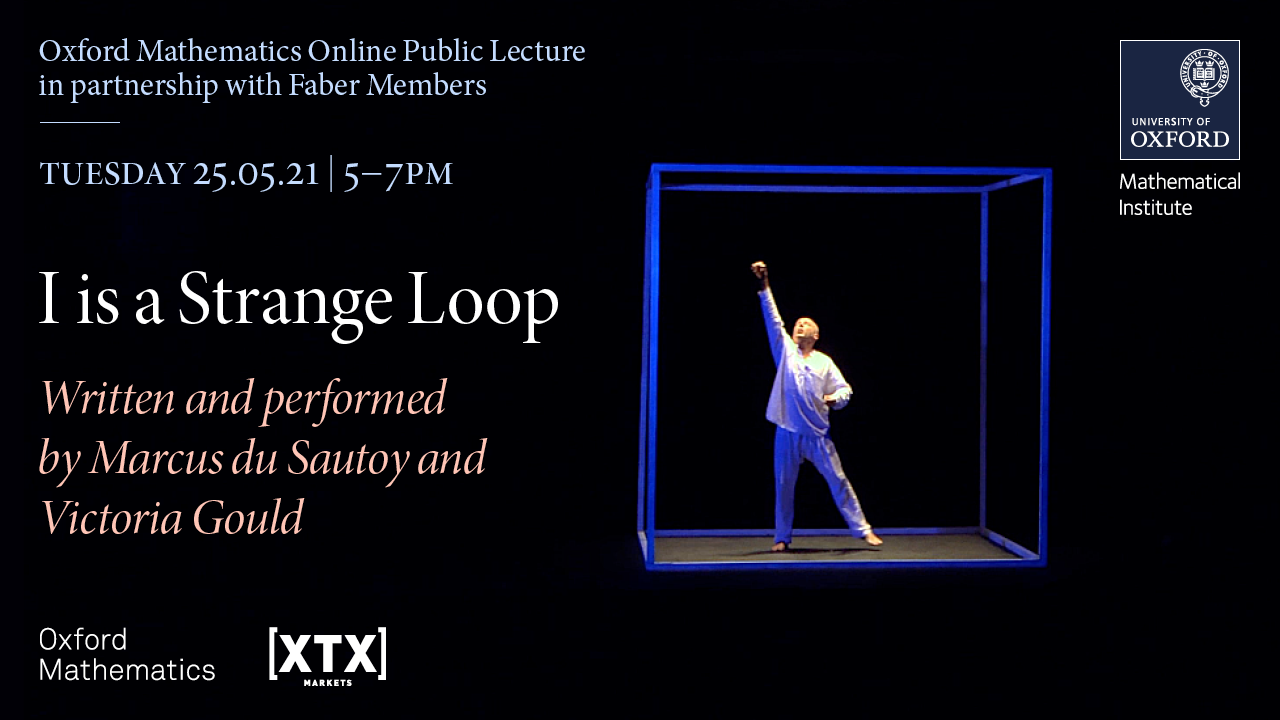12:00
Twistor sigma models, Plebanski generating functions and graviton scattering
Abstract
Plebanski generating functions give a compact encoding of the geometry of self-dual Ricci-flat space-times or hyper-Kahler spaces. They have applications as generating functions for BPS/DT/Gromov-Witten invariants. We first show that Plebanski's first fundamental form also provides a generating function for the gravitational MHV amplitude. We then obtain these Plebanski generating functions from the corresponding twistor spaces as the value of the action of new sigma models for holomorphic curves in twistor space.
In four-dimensions, perturbations of the hyperk¨ahler structure corresponding to positive helicity gravitons. The sigma model’s perturbation theory gives rise to a sum of tree diagrams for the gravity MHV amplitude observed previously in the literature, and their summation via a matrix tree theorem gives a first-principles derivation of Hodges’ determinant formula directly from general relativity. We generalise the twistor sigma model to higher-degree (defined in the first instance with a cosmological constant), giving a new generating principle for the full tree-level graviton S-matrix in general with or without cosmological constant. This is joint work with Tim Adamo and Atul Sharma in https://arxiv.org/abs/2103.16984.



